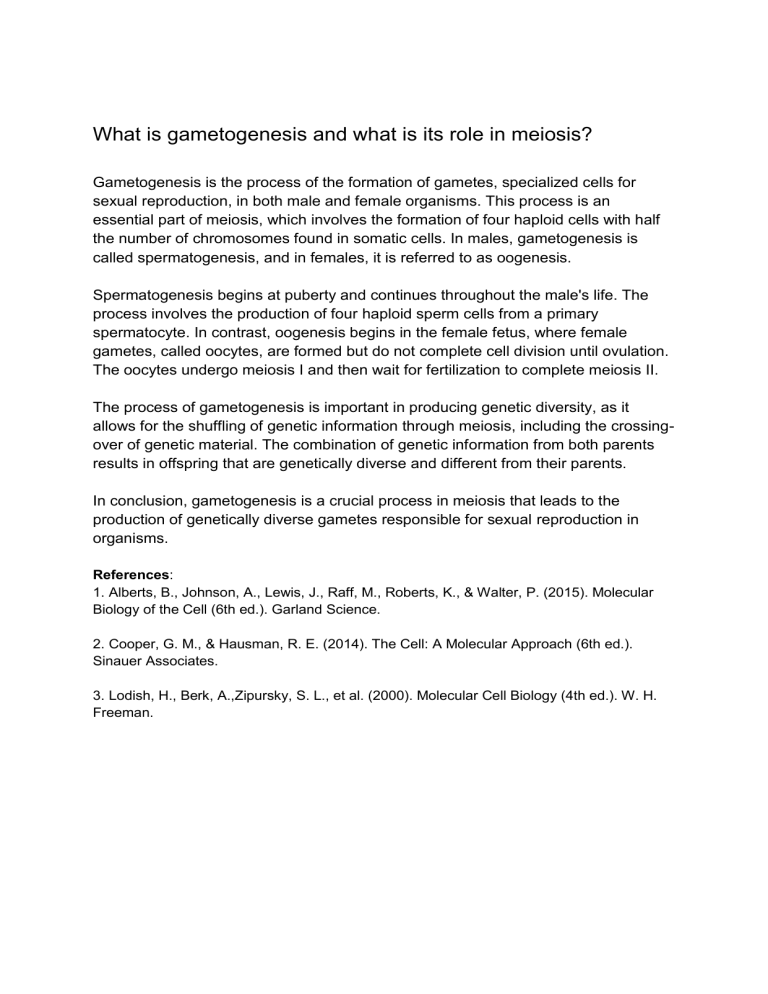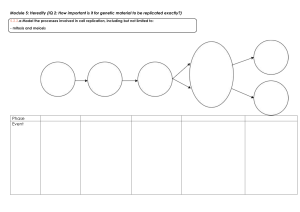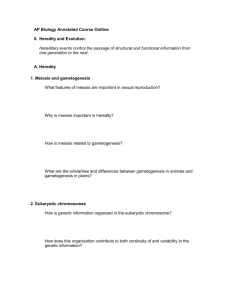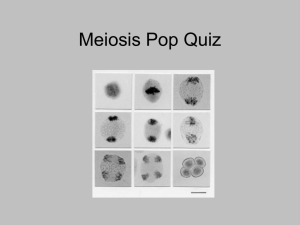
What is gametogenesis and what is its role in meiosis? Gametogenesis is the process of the formation of gametes, specialized cells for sexual reproduction, in both male and female organisms. This process is an essential part of meiosis, which involves the formation of four haploid cells with half the number of chromosomes found in somatic cells. In males, gametogenesis is called spermatogenesis, and in females, it is referred to as oogenesis. Spermatogenesis begins at puberty and continues throughout the male's life. The process involves the production of four haploid sperm cells from a primary spermatocyte. In contrast, oogenesis begins in the female fetus, where female gametes, called oocytes, are formed but do not complete cell division until ovulation. The oocytes undergo meiosis I and then wait for fertilization to complete meiosis II. The process of gametogenesis is important in producing genetic diversity, as it allows for the shuffling of genetic information through meiosis, including the crossingover of genetic material. The combination of genetic information from both parents results in offspring that are genetically diverse and different from their parents. In conclusion, gametogenesis is a crucial process in meiosis that leads to the production of genetically diverse gametes responsible for sexual reproduction in organisms. References: 1. Alberts, B., Johnson, A., Lewis, J., Raff, M., Roberts, K., & Walter, P. (2015). Molecular Biology of the Cell (6th ed.). Garland Science. 2. Cooper, G. M., & Hausman, R. E. (2014). The Cell: A Molecular Approach (6th ed.). Sinauer Associates. 3. Lodish, H., Berk, A.,Zipursky, S. L., et al. (2000). Molecular Cell Biology (4th ed.). W. H. Freeman.





